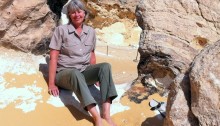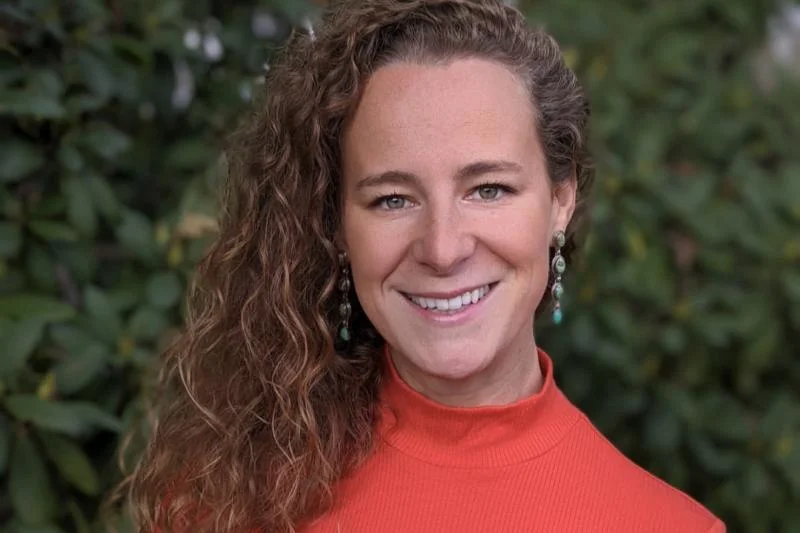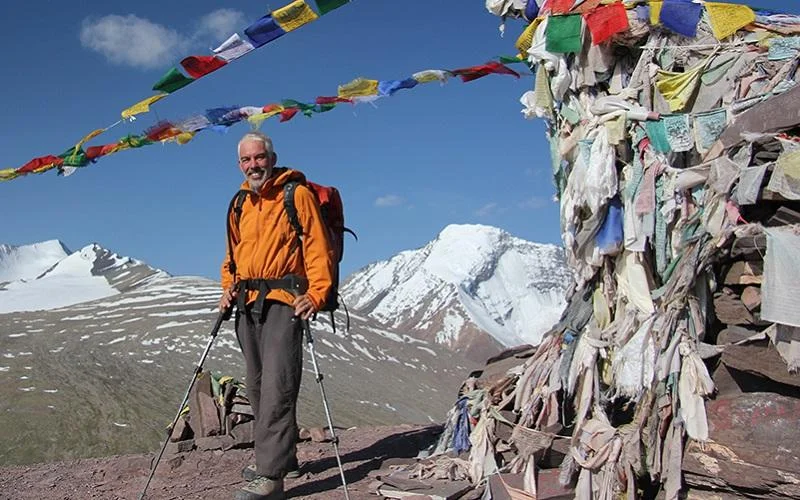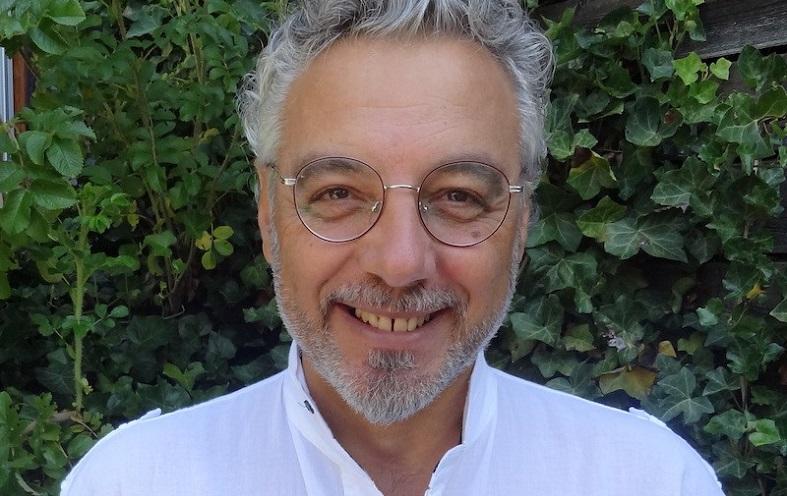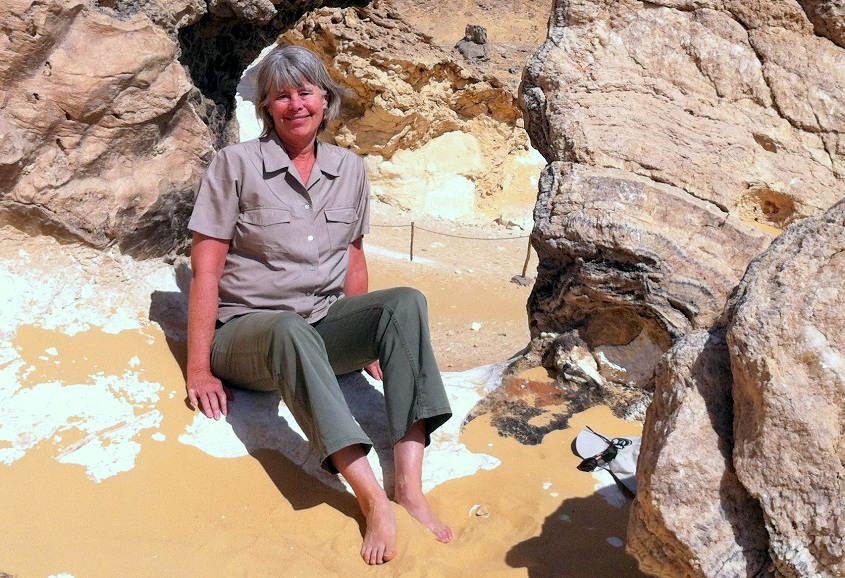
Welcome to our interview with Megan Epler Wood, a true pioneer in the field of ecotourism. Recognized globally as “La Gran Maestra” of sustainable tourism, Megan has dedicated her career to preserving natural and cultural heritage through responsible travel practices. Her work has laid the foundation for many of the principles and practices in ecotourism today, and her passion for sustainability has inspired countless individuals and organizations around the world.
Megan’s journey has taken her from the remote cloud forests of Colombia to the halls of Harvard, always with a focus on ensuring that tourism benefits both the environment and local communities. Her dedication to this cause and her innovative approach have made her a leading figure in the movement for sustainable tourism.
Megan, when did you discover your passion for sustainable tourism?
In 1986-87, I received a Fulbright Scholarship together with my husband to film for six months in a remote private reserve in the Andean cloud forest with extraordinarily high biodiversity in Southern Colombia.
We made a documentary (below) for a television special in Colombia broadcast on Earth Day and distributed it to non-profits throughout the region as a result of the funding we received. Our task was to communicate why and how local biodiversity could be preserved.
The reserve, La Planada, where we filmed had been funded by WWF-US, via donations in the U.S., but there were many limits to funds for maintaining essential reserves like this throughout the region. During our six months immersed in this remote wildlife refuge, we were able to reflect on the challenge of preserving this extraordinary biological treasure. Threats of logging and extensive slash-and-burn farms were all around us. I traveled with the native Awa through their well-conserved adjacent territory and saw the deep connection between traditional indigenous livelihoods and the stewardship of the land.
Ultimately, I went to Ecuador, where there were many early community-run ecotourism projects already starting to blossom. I realized that local people, especially indigenous people, were already the stewards of these amazing ecosystems, and yet they were struggling with funds and little understanding of what steps to take to protect their lands from encroachment.
I became highly motivated to find the best source of revenue to help local people conserve their land and decided that tourism was the obvious choice. It hit me like a lightning bolt and I have never gone back.
Why did you found the International Ecotourism Society (TIES) back in 1990?
I returned from Colombia in 1988 and began to talk with major conservation organizations about making a documentary on “ecotourism.” I pitched it as the very first global investigation of how tourism could contribute to the conservation of natural resources and local well-being.
At the time, the National Audubon Society had a series called World of Audubon, funded by Ted Turner. I got a contract to do a global documentary on ecotourism. We filmed in Kenya, Belize, and Glacier National Park in Montana, in the U.S. The Coors beer company had been the sponsor and there was a protest against their environmental practices. They dropped out and I temporarily lost funds for the documentary. I had already assembled hundreds of contacts in my advanced research for producing the film. It was actually in frustration that I decided to start TIES!
I began calling all of my contacts to suggest there should be an organization dedicated solely to the question of tourism as a tool for conservation and sustainable development. Once the filming resumed, I traveled the world promoting the idea and we picked up many supporters and founded the organization.
From your 12 years as president of TIES, which initiative or accomplishment are you particularly proud of?
Creating a global membership of over 1000, developing the first textbooks in the field, and fostering dynamic locally based conferences in Asia, Africa, and Latin America, which were highly inclusive of indigenous people and local communities.
The question of how local people could remain stewards of their vast biodiverse land, retain their culture, and benefit from ecotourism was our focus and we made those dialogs profound in Kenya, Ecuador, and Malaysia.
I am also very proud of the early sustainable business models we fostered, in particular the whole concept of ecolodges. We were the first organization in the world to hold an ecolodge conference, from which we published the first book on ecolodges, The Ecolodge Sourcebook in 1995, which led to further conferences and ecolodge guidelines.
How has your view of sustainable tourism changed during your work for WWF US, TIES, the Planeterra Foundation, and now as Director of the International Sustainable Tourism Initiative (ISTI) at the Center for Health and the Global Environment at the T. H. Chan School of Public Health at Harvard?
I have always been inspired by the question of how ecotourism can contribute to local well-being. This became my passion and has been the core of my work for the past 15 years. While I began as a conservationist and a biologist, I have evolved into a sustainable business and economic development expert.
What I learned from years working in the field in developing countries is that ecotourism has to be a successful form of commerce first and foremost before it can be a conservation tool.
Ecotourism is a pipe dream unless it can deliver profits, not massive profits, but profits to small and micro enterprises that need to be connected to either global or regional supply chains. I have stepped up my capacity to foster enterprise and have had to learn about sustainable tourism supply chains on a global scale to deliver on this part of my work. This led to my work at Planeterra and ultimately now at Harvard and also at the Cornell Center for Sustainable Global Enterprise where I am a Senior Fellow and soon to become an associate on their team.
Why this new initiative at the Center for Health and the Global Environment at the Harvard T.H. Chan School of Public Health?
I have been teaching Environmental Management of International Tourism Development at Harvard Extension School since 2010. It is an open-enrollment, online class, that attracts students from all over the world to discuss how global tourism operates as a business, its supply chains, and specific technical challenges for managing its footprint.
We have been able to attract extraordinary speakers, who come to us online from throughout the world from mainstream corporations such as Wyndham and Hilton, TUI Travel, Royal Caribbean, and Carnival Cruise. We also looked at the management of airports, with lectures from both Chicago and San Francisco, and destinations such as Belize, Mexico, and South Africa.
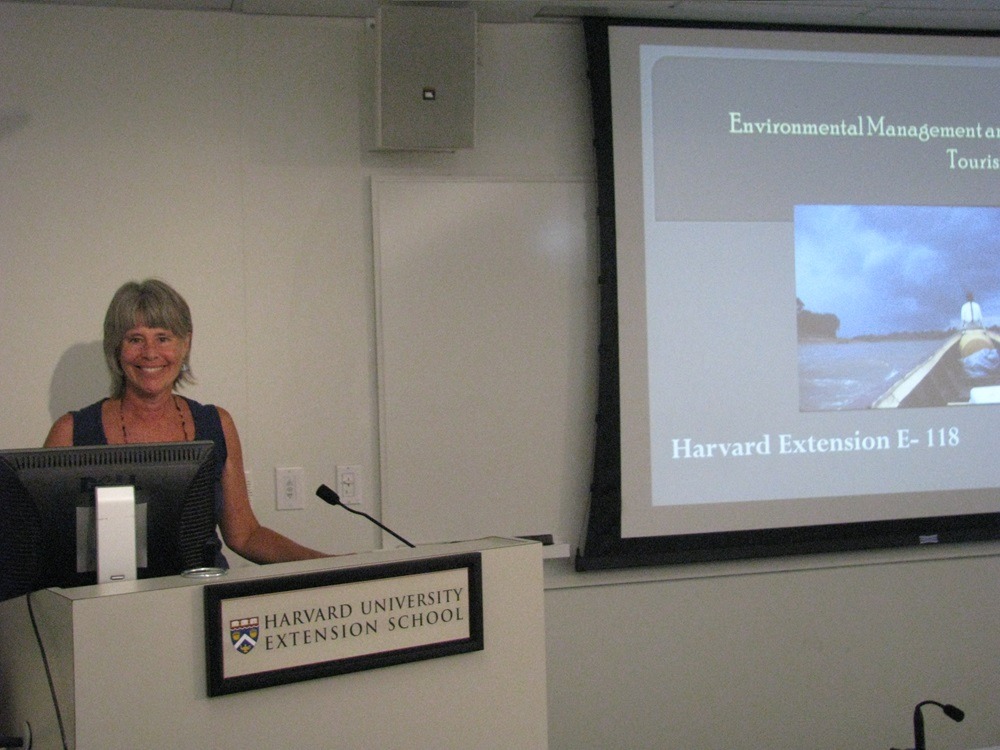
The students have undertaken invaluable research on environmental management of specific sectors of the industry, looking at questions of managing tourism’s impacts on air, water, and biodiversity, and how to ensure there is the management of waste, wastewater, and proper land use. This exponentially expanded my base of information. It inspired me to write a book, which is in progress.
It inspired me to go to the leadership of my department at Harvard and ask them if there could be a research program that looks at the global impacts of tourism, convenes major tourism leaders, and develops more robust data analysis on tourism impacts while offering innovative shared solutions on the management of the growth of tourism.
My timing was good, and the program was approved by Dr. Jack Spengler who directs the Center for Health and the Global Environment which is part of the Harvard T.H. Chan School of Public Health.! It is called the International Sustainable Tourism Initiative, at the Center for Health and Global Environment at the Harvard T.H. Chan School of Public Health.
The Center is an extraordinary institution, which has provided global leadership on questions of how the loss of biodiversity will affect public health, how climate change will impact local populations, and how nature and biodiversity deliver extraordinarily important benefits to human health. It is a fascinating place to be, that fosters new ideas and asks us all to think of solutions on a very large scale.
In your view, what does successful sustainable tourism business and development mean?
This is a complex question! I am going to answer it with a simple short answer.
Sustainable tourism businesses must be economically successful while preserving both natural and social capital.
What is the best way to measure sustainability in travel and tourism?
A set of benchmarks must be established with social, environmental, and economic indicators. They must be measured over time and have a long-term data trajectory. Independent analysis is essential. What our field needs is more field studies to measure environmental and social impacts on the ground consistently over time.
This can be facilitated using new user-friendly geodesign tools, which allow for benchmarking and regular study check-ins through geo-tagging, and can result in visualized projections of how tourism will impact social and environmental systems over time. With climate change ramping up, the need to establish benchmarking and visualize projections is urgent.
I am calling for regional projects to undertake geodesign measurement systems in advance of large-scale development that is paid for with public-private funds. This will give local decision-makers the data they need to understand how ecosystems and social systems are faring during the next phase of rapid tourism growth.
With tourism reaching 9% of global GDP, and six billion air travelers expected to travel annually in the next decade, the time is now to define new systems for the travel and tourism industry to grow while also benefitting human health and the environment.
Your main insights as a consultant at Epler Wood International, and as a teacher at Harvard’s Sustainability and Environmental Management Program?
As a consultant, I have largely worked to help set up a structure for regional and national ecotourism projects that can preserve ecosystems and support local well-being. I went to the Angkor Watt region of Cambodia in 2005, where 95% of all foodstuffs were imported into Cambodia from Vietnam and Thailand according to international hotel groups. All businesses agreed that buying more local products and services would be an important contribution to the economic development of communities in Cambodia.
However, the difficulty of linking the agricultural supply chain to local hotels was much higher than I expected. Local rice producers were not growing rice for hotels, but rather for themselves. I reached out to every relevant agency, and there was total agreement that we need to connect the growing hotel food and beverage supply chain to tourism, but there was no funding to make that happen.
I have never forgotten that experience and continued to seek funds for linking food supply chains to hotels. I am still working on it with a project at Harvard that we hope to foster. Linkages to the food supply chain for tourism could do more for poor households than any other action taken to support the economic development impacts of tourism. These opportunities appear to be waiting to be captured.
Judging by your extensive experience, what are the main challenges public and private organizations tackle on the sustainable tourism front?
Existing NGOs and research around the world have established the importance of the tourism economy as a tool for both sustainable development and conservation. Work to develop criteria for sustainability has been a primary focus for years. The next step is to deliver on the promise of sustainability from tourism.
This will require:
- independent measurements and benchmarking,
- policy analysis and review of how to move from intentions to regulations and legislation with funding to support the cost of managing a sustainable destination,
- a global effort to ensure tourism supports protected areas, and
- public-private solutions to ensure tourism development does not overwhelm local systems for water, waste, and wastewater which at present are not in place to support the global growth of tourism.
Sustainable tourism being such a diverse field, which area do you think is the most crucial to focus on right now?
Sustainable infrastructure, based on all of my student work at Harvard. We will have a crisis on our hands if there is no national and donor recognition that sustainable wastewater treatment, energy, and solid waste management is required to accommodate the next generation of tourism development.
The provision of clean water for hotels is often in conflict with local use, and this situation promises to become more grave with global climate change and population growth.
Tourism planning can take all of these issues into account and incorporate solutions for tourism and local economies, a tremendous opportunity.
Where are the main opportunities?
The fact that the tourism economy is growing and is profitable is an enormous opportunity. If the tourism economy was declining and corporations were not profitable, there would be no chance to get better systems in place. The stakes are high now. Recognition of the growth of tourism in emerging economies and the essential nature of tourism for economic development is only beginning to dawn on top policymakers.
Local people can have access to better livelihoods through tourism, we have already proved this with our work with ecotourism, but strategic policies to make this happen on a grand scale must be on the table soon.
In which region of the world do you see the most momentum for sustainability in tourism?
Europe, where there are stronger government policies and EU cooperation in managing tourism throughout the region.
As a Senior Fellow at the Center for Sustainable Global Enterprise at Cornell University, what role does entrepreneurship play in a tourism business or destination’s ability to successfully implement sustainability?
Entrepreneurship is at the heart of how sustainable tourism can benefit local people. Women are incredibly important potential beneficiaries.
Women in tourism generally earn about 80% of a male’s wage. Notwithstanding these disadvantages to women, there has been a broad increase in the participation of women in the tourism industry worldwide. Women want these jobs, and they want to enter the workforce.
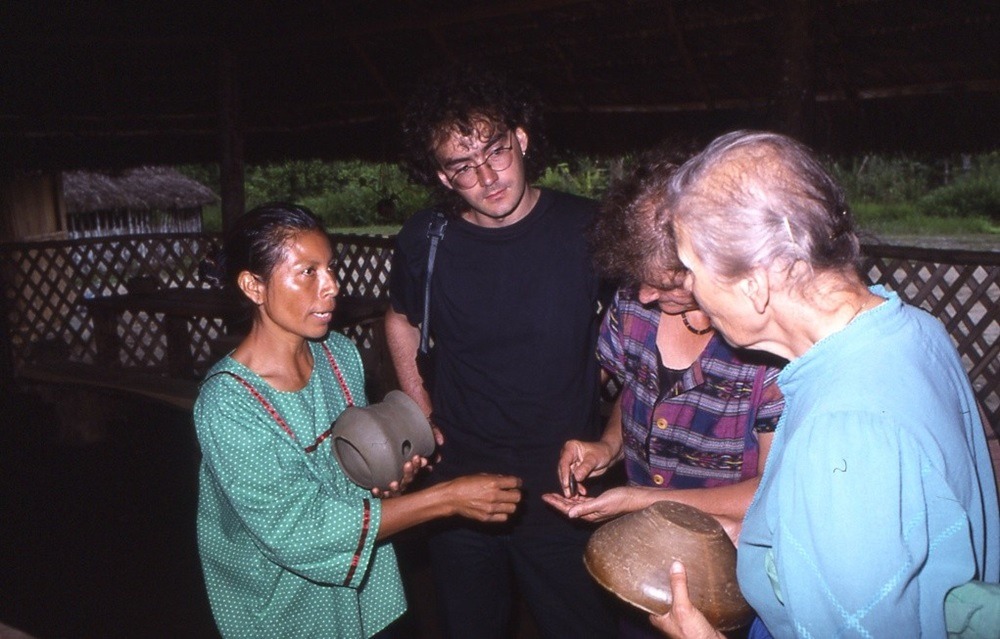
Despite the many barriers they face, tourism offers a better chance than many industries to move ahead. In Sub-Saharan Africa, women are 10% more likely to be the “boss” in food and beverage operations than in other industries. Helping men and women develop businesses that connect to regional and global supply chains is the most effective means of ensuring local well-being.
We are seeing a lot of movement and mergers within sustainability and ecotourism – do you think this is a sign of consolidation and a result of sustainability moving mainstream?
My deepest concern is the fracturing of our field and the many definitions and approaches that are so similar. We need as much cooperation as possible.
Which part of 1) the tourism value chain and 2) the operational unit in a hotel is the most challenging in terms of sustainability?
Food! It may not be as challenging as all that, but it is so significant. Not enough work has been done on how to improve global supply chains to offer hotel food and beverage departments more sources of locally grown, healthy food. We hope to pursue this much more at Harvard.
For the Planeterra Foundation, you worked on market access for small, community tourism enterprises in Latin America and how to connect them with tour operators like G Adventures. Why is this an issue – what exactly are the challenges?
There has been a lack of support from the global donor community for connecting successful tourism operators to local community enterprises.
While I was at Planeterra, we were able to help the IDB realize that connecting a working tour operator to the local enterprise is a key to success for local enterprises. They have gone on to be highly successful with this approach.
Your advice to professional and academic newcomers to sustainable tourism?
Come to an understanding of business and business supply chains first! I strongly recommend taking classes that review tourism business models and approaches to profitability, margins, and all aspects of business operations within the sector of tourism you are interested in. Then study how to manage the environmental, social, and economic development side second.
We recently featured Xavier Font in our interviews series, who reminded us of the need to focus on positive messages and guest benefits when communicating sustainability. Do you agree?
Of course, I always agree with Xavier..
Thank you Megan!
Find out more information about Megan’s work on her website, in her professional profile or connect with her on LinkedIn.

